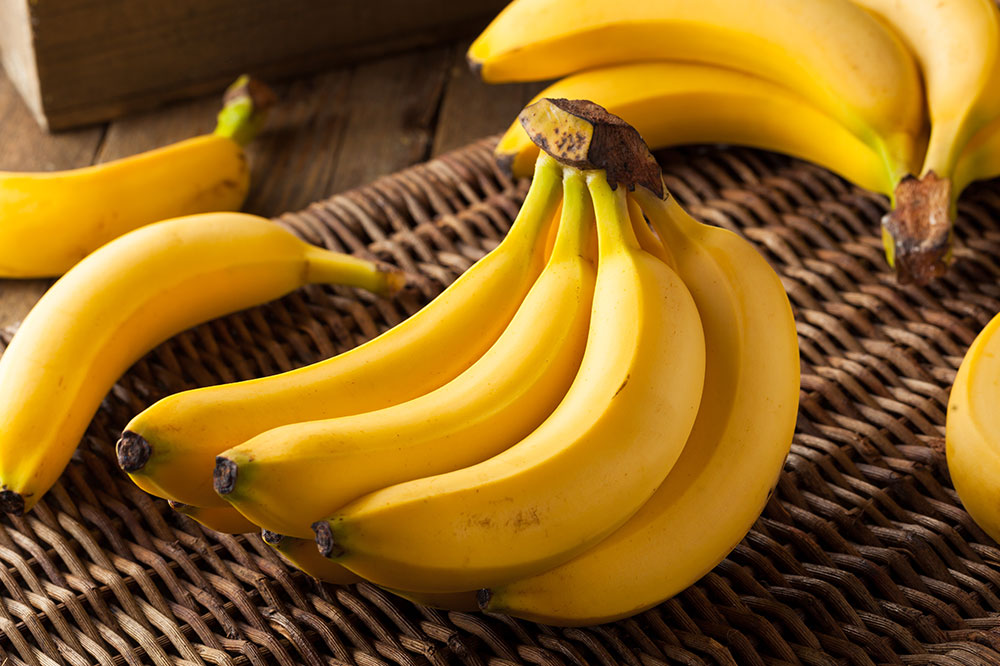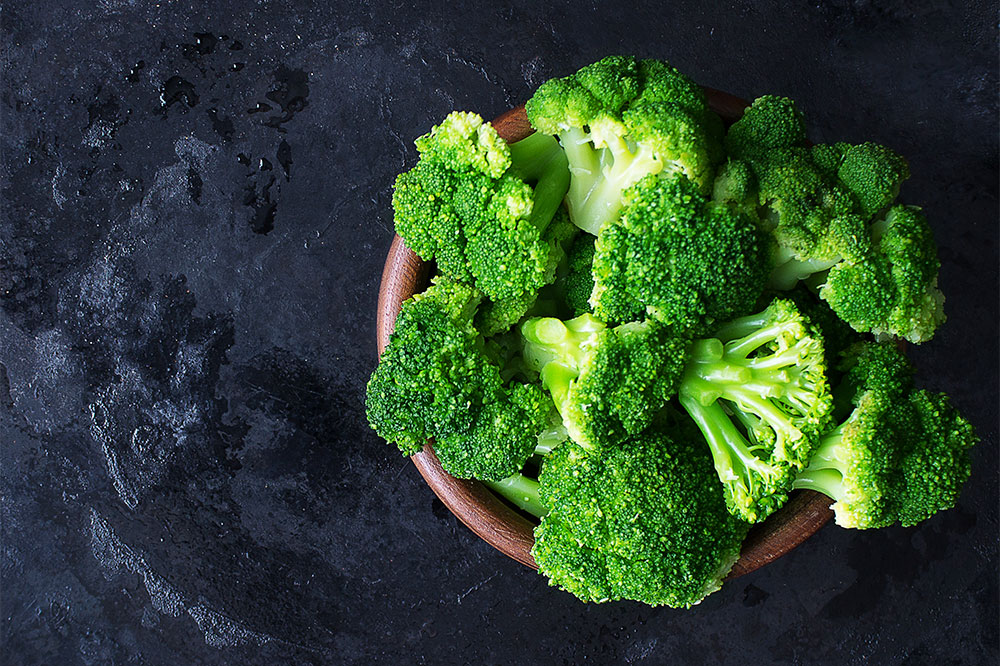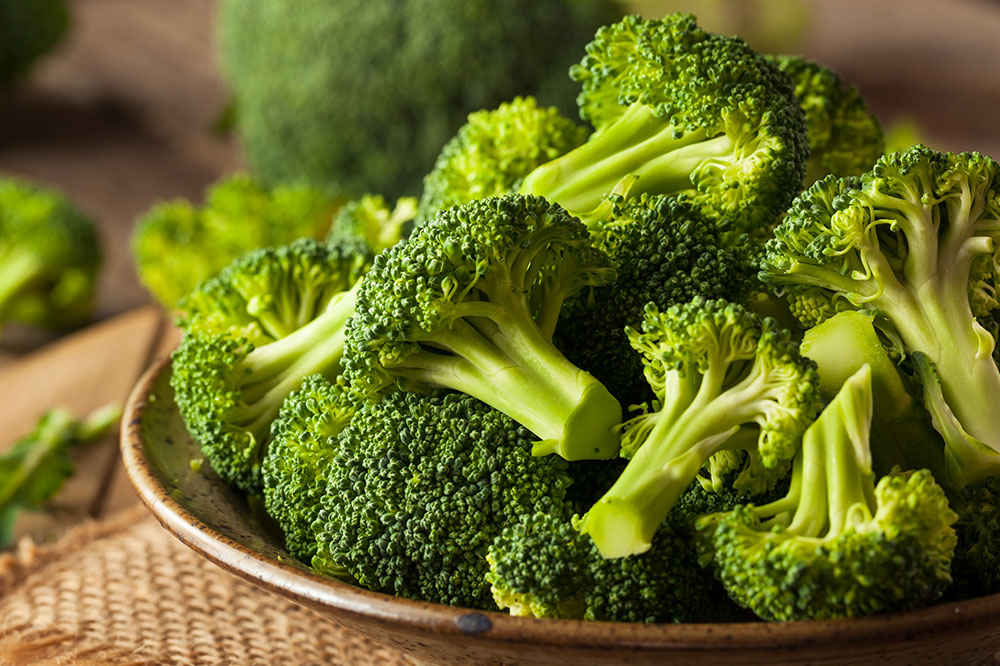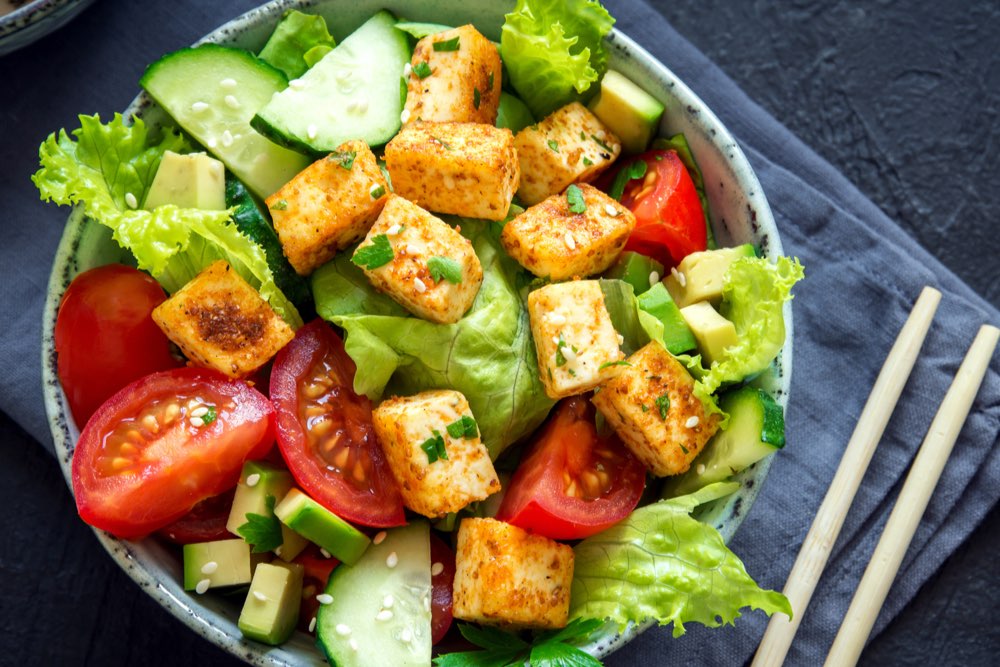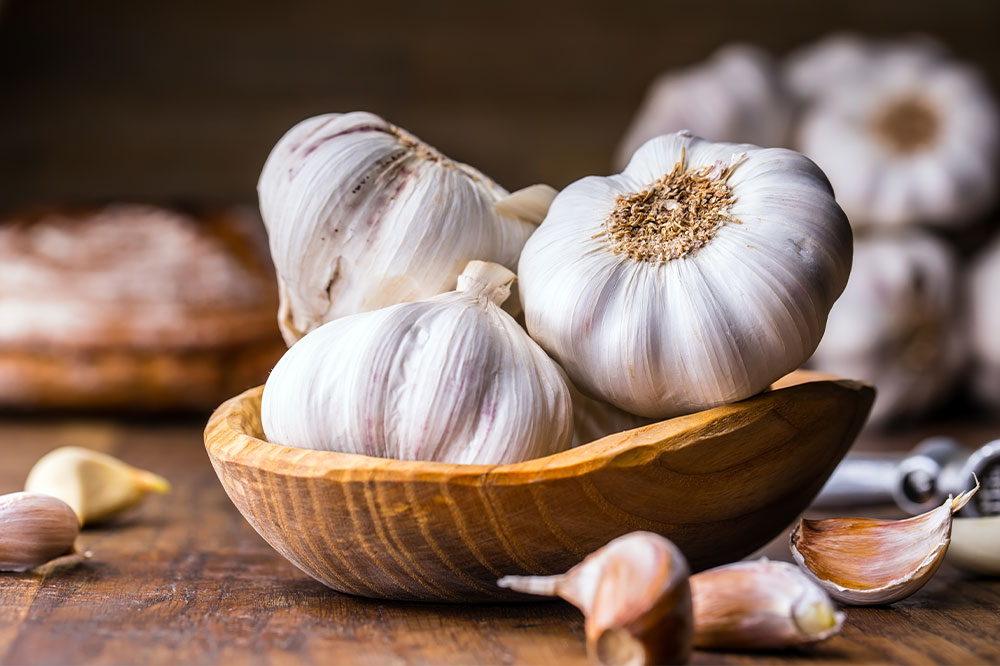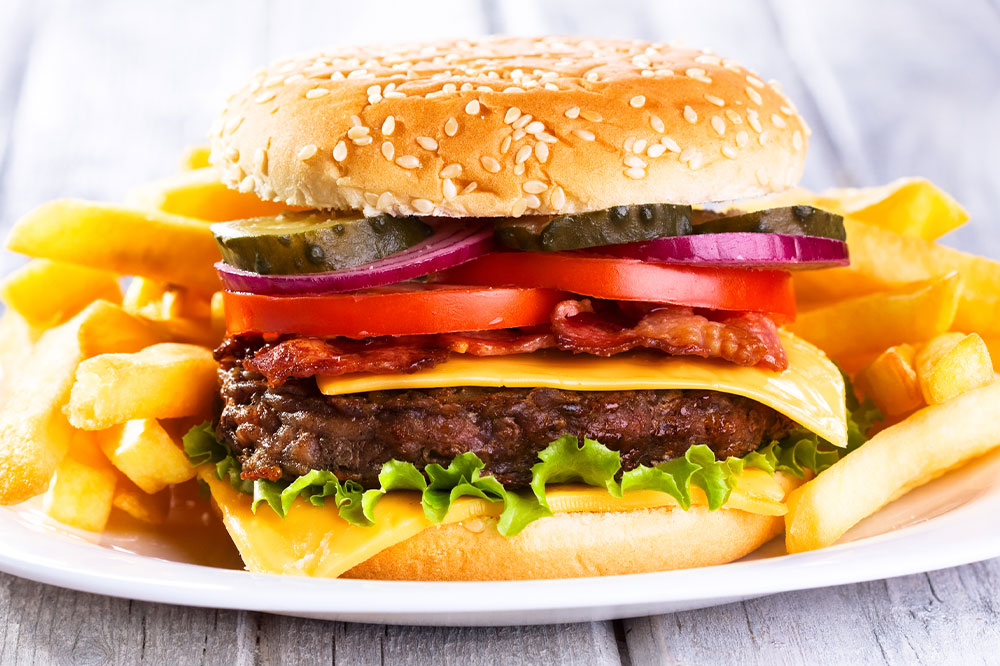Nutritional Strategies to Potentially Lower Cancer Risk
This article explores dietary strategies to reduce cancer risk, highlighting foods rich in antioxidants, vitamins, and phytochemicals. It discusses how certain foods like apples, berries, and vegetables can act as preventive agents. Additionally, it covers the role of medications such as VENCLEXTA® in managing specific cancers like CLL and SLL. Emphasizing a balanced diet and professional medical guidance, the piece offers valuable insights into cancer prevention and treatment options.
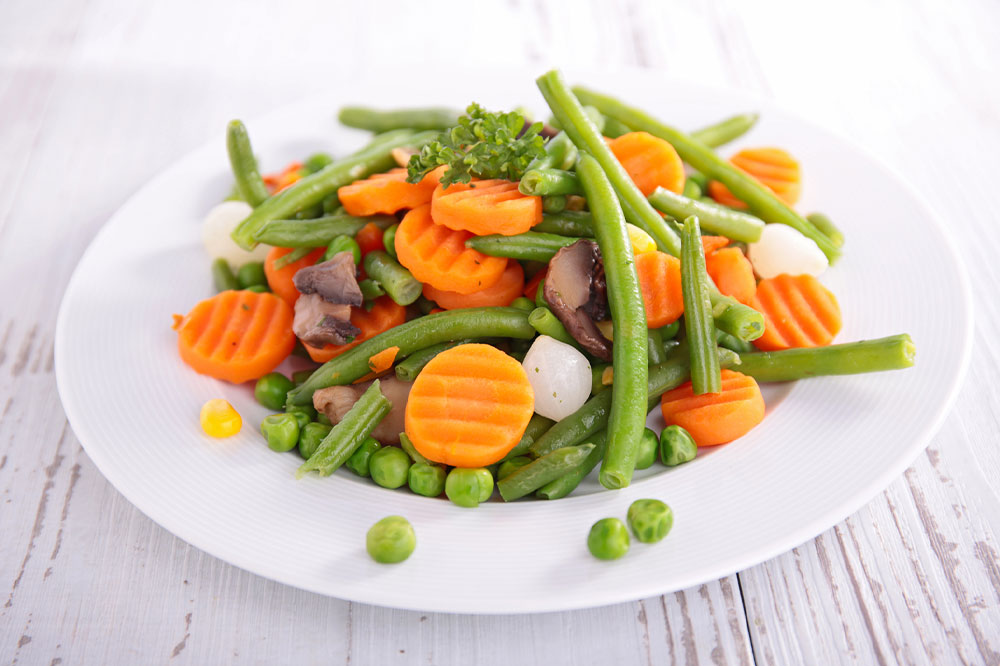
Cancer results from abnormal cell growth caused by genetic mutations. These rogue cells multiply quickly and can spread to other tissues, leading to metastasis. While many cancers develop gradually and are difficult to cure, preventive measures are available. Adjusting your diet, using specific medications, and undergoing treatments can help manage the risk. For certain types, medications like VENCLEXTA® may offer relief.
Key foods associated with reduced cancer risk
Apples
Rich in fiber and polyphenols, apples help combat the mutations linked to cancer development.
Berries
Blueberries, cherries, cranberries, strawberries, and raspberries are packed with antioxidants, vitamin C, and polyphenols. These nutrients help decrease oxidative stress and prevent cellular damage.
Fruits high in vitamin C and phytochemicals
Oranges, grapes, and grapefruits are abundant in vitamin C, antioxidants, resveratrol, and phytochemicals. These compounds help lower the chances of DNA damage and mutations that can lead to cancer.
Cruciferous and colorful vegetables
Vegetables like broccoli, kale, spinach, carrots, asparagus, and Brussels sprouts contain flavonoids, beta-carotene, and phytochemicals that fight cancer. Chewing these foods releases enzymes that support protective effects against cancers of the prostate, colon, breast, lungs, and stomach.
Nuts, seeds, and legumes
Flaxseeds contain anti-cancer compounds, while fiber-rich pulses support digestion. Consuming peanuts, walnuts, almonds, and pistachios may lower risks associated with endometrial, colorectal, and pancreatic cancers.
Caffeinated drinks like coffee
Studies suggest that coffee and tea can offer some cancer-preventive benefits by reducing the risk of certain malignancies.
Cancer types affected by diet
Poor dietary habits may worsen symptoms or increase susceptibility to various cancers, including prostate cancer in men and blood cancers like CLL and SLL, which involve abnormal lymphocyte growth.
Medications like VENCLEXTA® for cancer management
VENCLEXTA® (Venetoclax) is prescribed for blood cancers such as CLL and SLL. This oral medication inhibits cancer cell proliferation, helping control disease progression.
Important Reminder:
All information about symptoms, treatments, and health conditions is for educational purposes only. For professional medical advice, diagnosis, or treatment, consult licensed healthcare providers. Do not rely solely on online content for health decisions.

